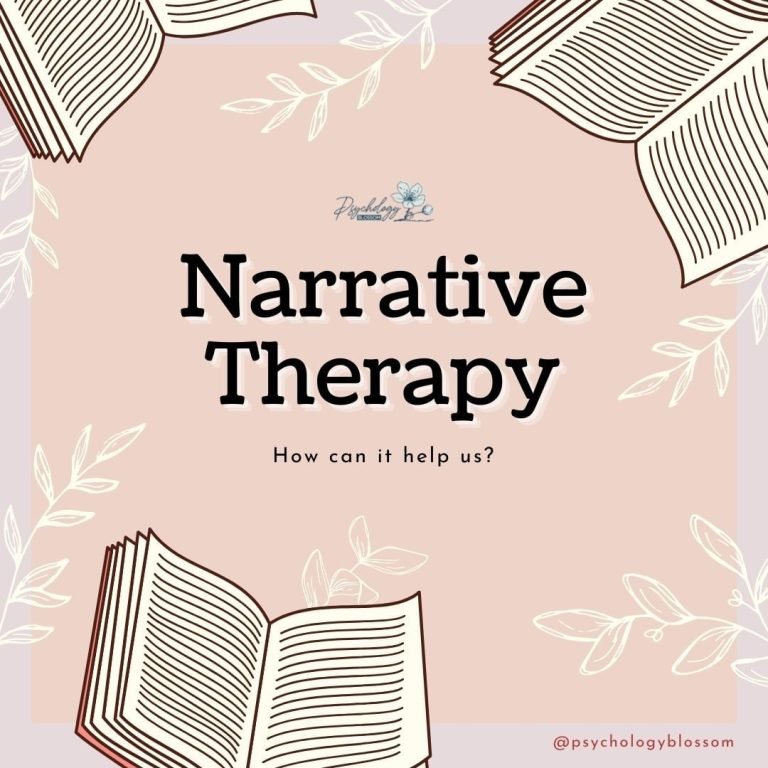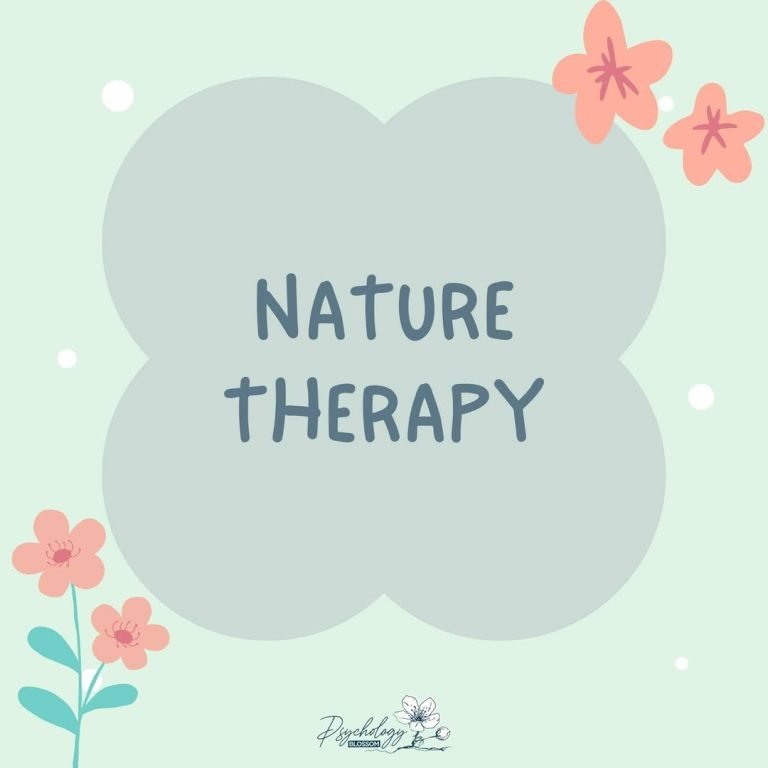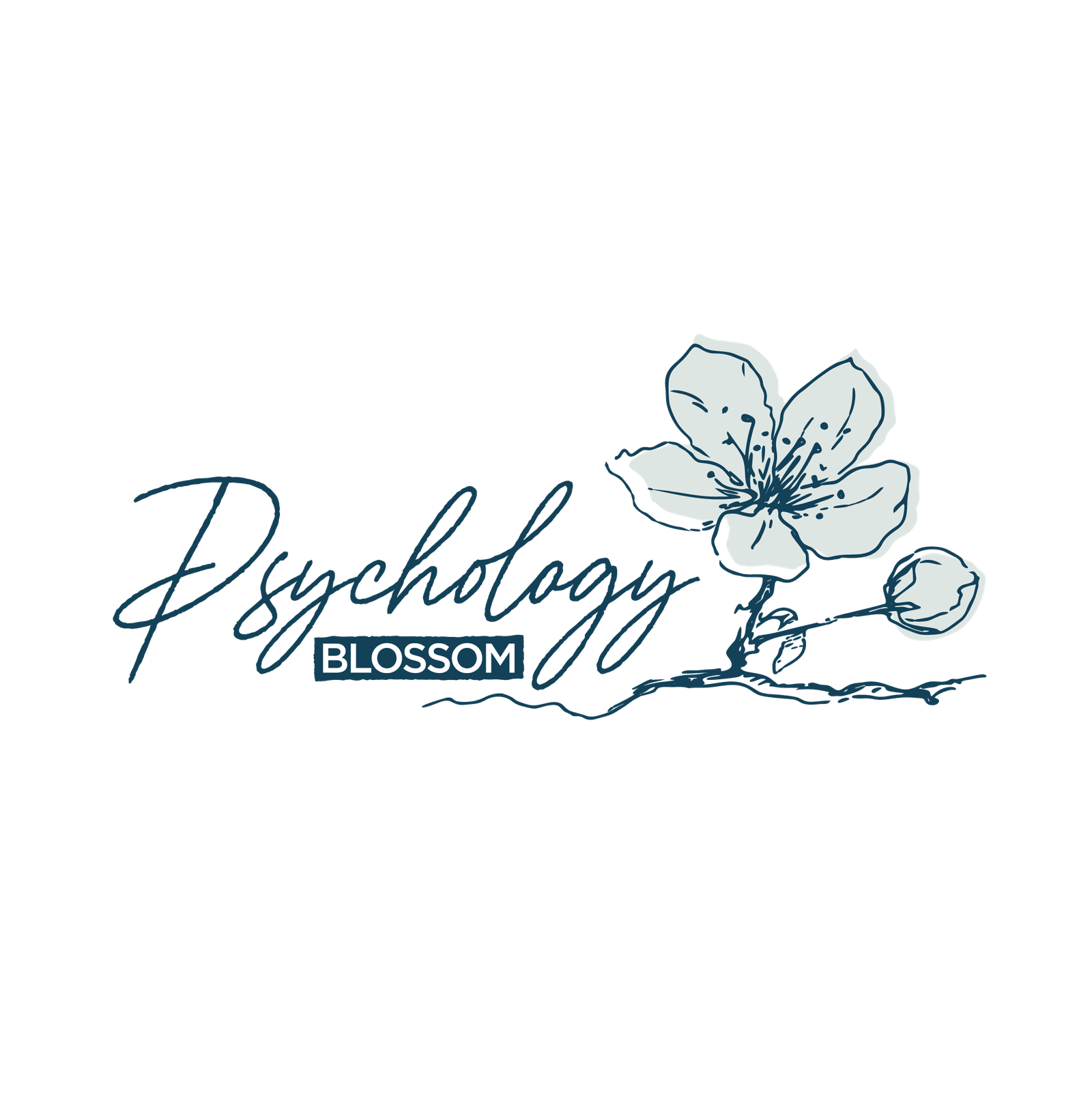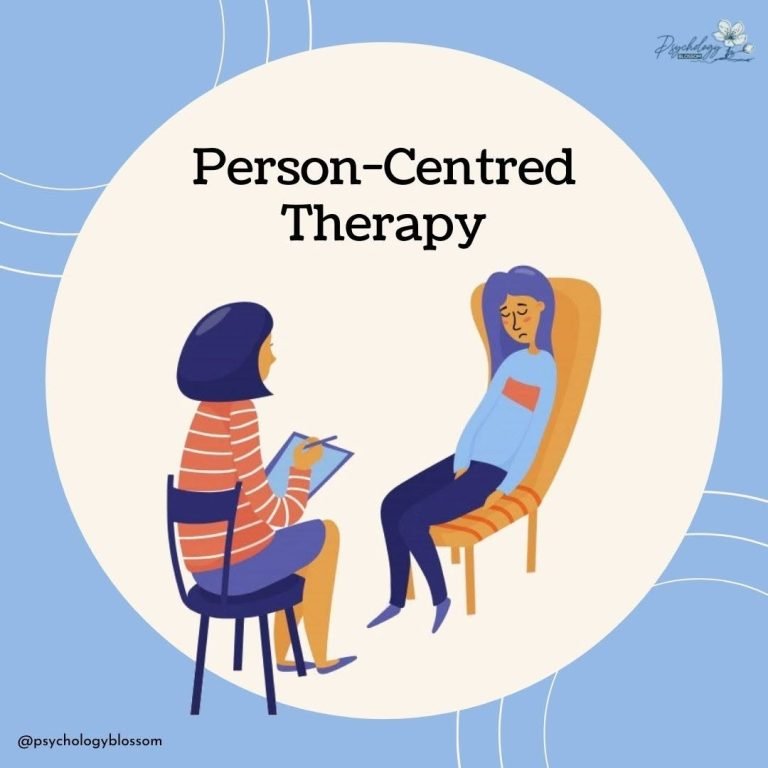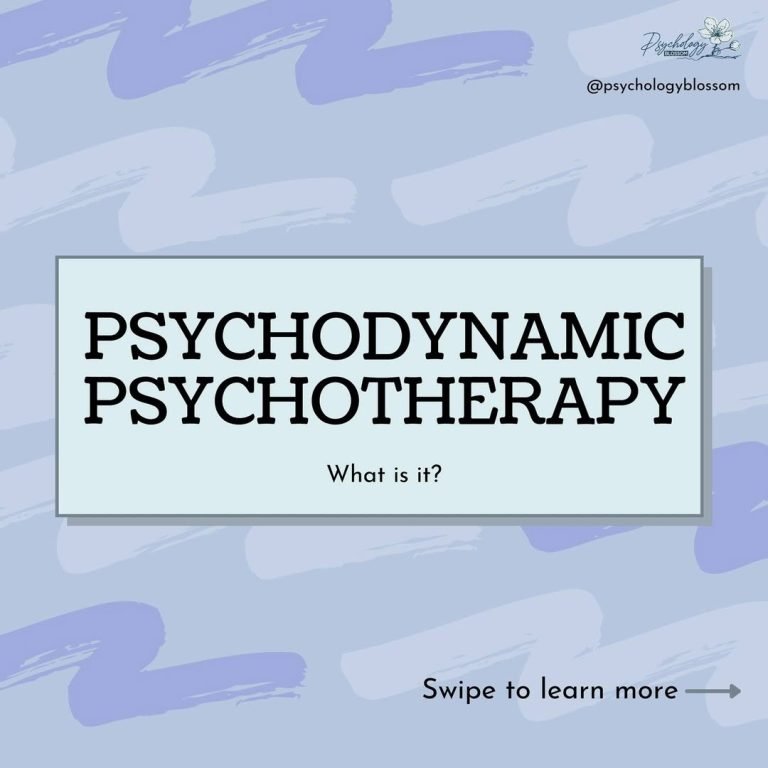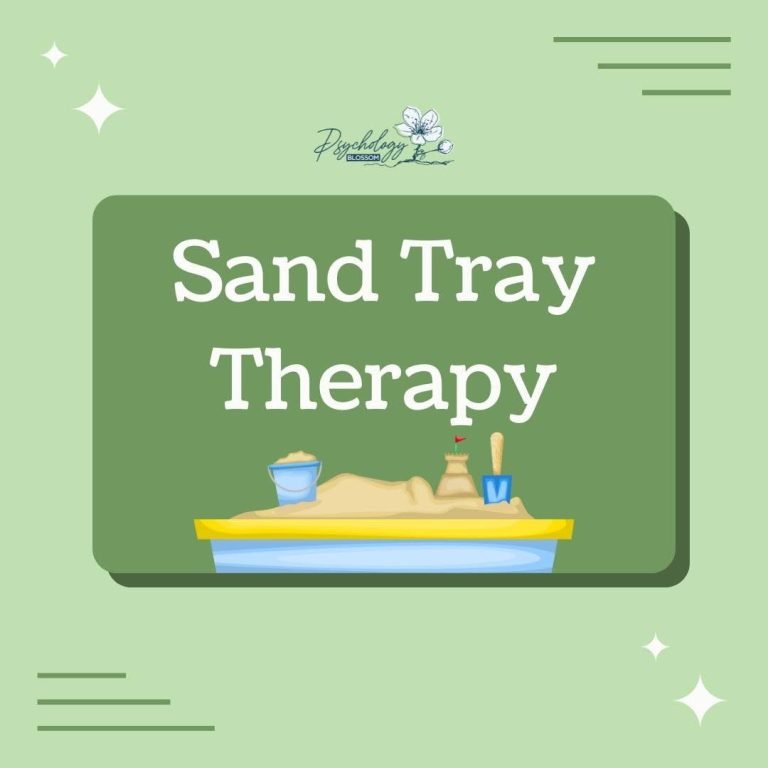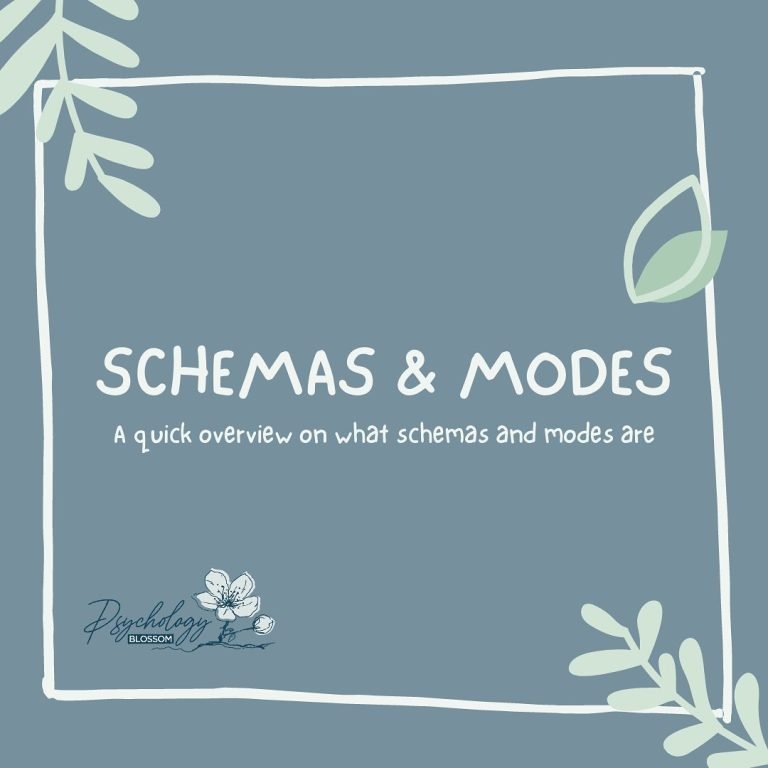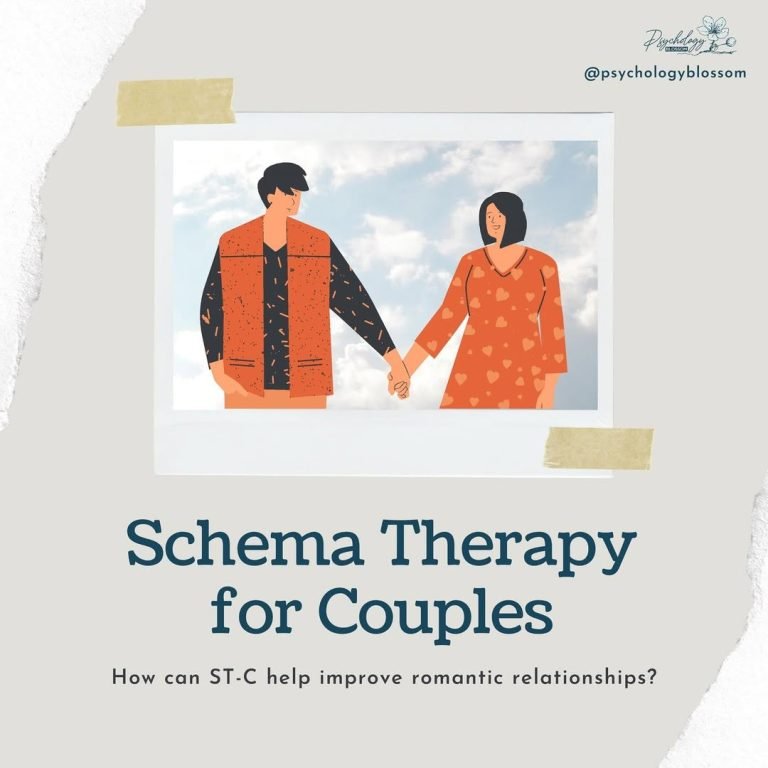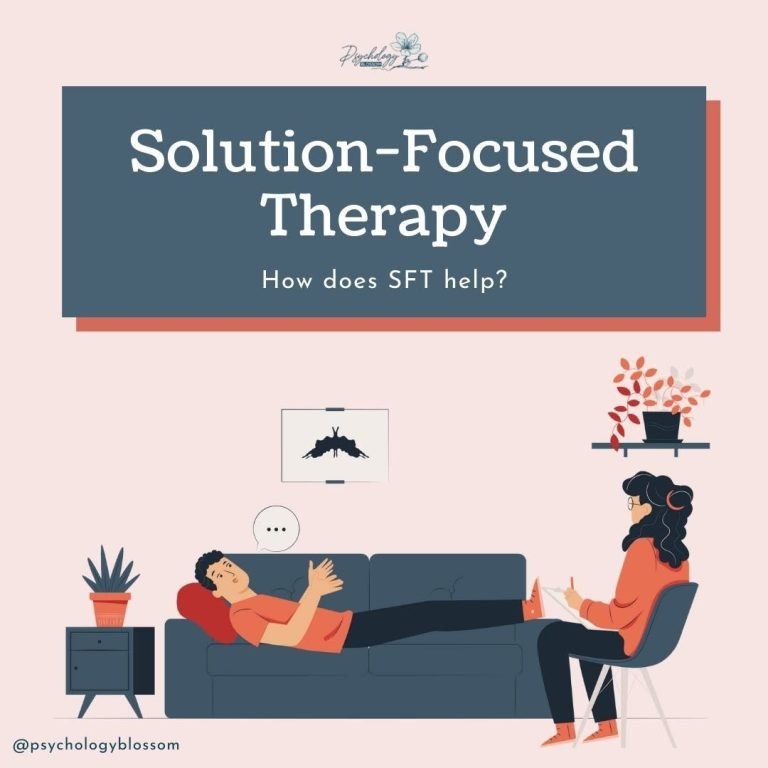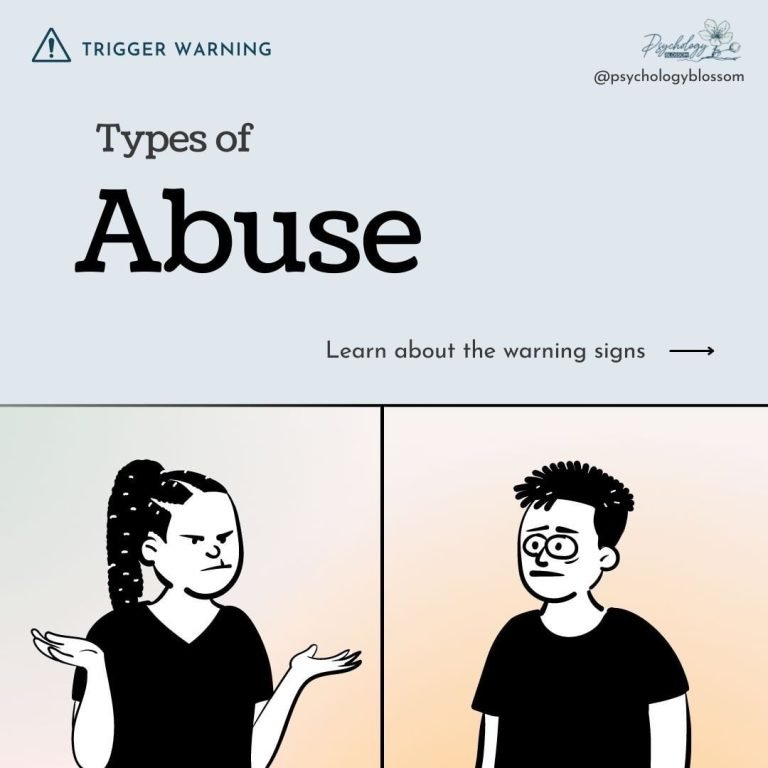Narrative Therapy
Narrative therapy is a method of therapy that separates a person from their problem. It encourages people to rely on their own skills to minimize problems that exist in their lives. Throughout life, personal experiences become personal stories. People give...
Nature Therapy
In our fast-paced, digitally-driven world, the concept of nature therapy, also known as ecotherapy or green therapy, is gaining recognition for its remarkable benefits in promoting mental and physical well-being. At Psychology Blossom, we believe in harnessing the healing power...
Person Centered Therapy
Person centered therapy diverges from the traditional model of the therapist as expert and moves instead toward a nondirective, empathic approach that empowers and motivates the client in the therapeutic process. The therapy is based on the belief that every...
Psychodynamic Psychotherapy
When we think about therapy, most of us envision the classic scenario of a client laying out on a couch expressing their feelings and the therapist listening intently. This picture of therapy was established by Sigmund Freud and his findings....
Sand Tray Therapy
Sand Tray Therapy is a form of expressive therapy developed by Margaret Lowenfeld. It allows the client to express themselves in a safe space by creating a world with figurines, toys, and sand in the tray. These act as tools...
Schema Therapy
Schemas are mental frameworks or thinking patterns that help us to organise information easily, allowing us to process information and paint a picture in our minds quickly. Schemas can be developed from childhood experiences or created later in life, and...
Schema-Based Couples Therapy
Schemas refer to mental concepts and patterns that help organise the relationships between categories of information. Schema Therapy helps by first recognising the client’s negative schemas and coping styles, before working towards changing them and forming healthier beliefs and behaviours....
Solution-Focused Therapy
Solution focused therapy (SFT) is a type of short-term therapy that places far more importance on discussing solutions than problems. Of course, we must discuss the problem to find a solution, but beyond understanding what the problem is and deciding...
Abuse and Trauma
Abuse and resulting trauma puts one in higher risk of a range of persisting psychiatric disorders, such as Depression, Anxiety, Post-Traumatic Stress Disorder (PTSD) and Substance Abuse. Though it is important that trauma alone due to abuse may not necessarily mean that psychological or...
